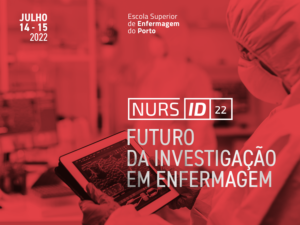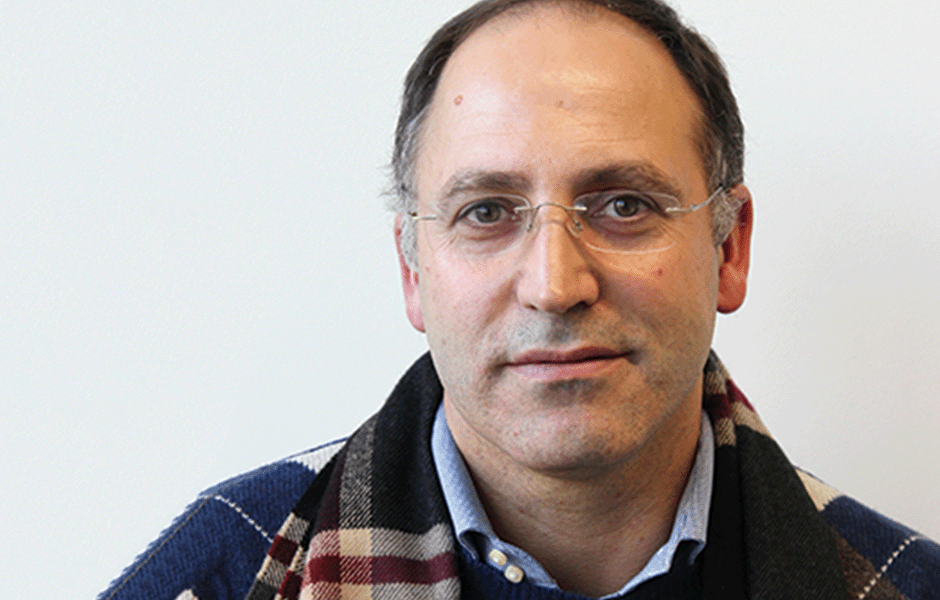The International Nursing Research Congress (NURSID 22) will take place from July 14 to 15, at the Nursing School of Porto (ESEP), with the organization and participation of researchers from CINTESIS/ESEP. The theme of this year’s edition is “The Future of Nursing Research“.
The opening session is scheduled for 11:30 am and is expected to be attended by the coordinator of CINTESIS and director of the Faculty of Medicine of the University of Porto (FMUP), Altamiro da Costa Pereira, the president of the Nursing School of Porto, Luís Carvalho, the coordinator of the PhD in Nursing Sciences of ICBAS / University of Porto, Maria João Oliveira, and the principal investigator of the NursID group of CINTESIS / ESEP, Carlos Sequeira.
“The main objective of the congress is to share research projects and results. Another objective is to make the congress a meeting point for researchers with the clear intention of “adding” synergies in the production of more and better research,” explains Carlos Sequeira.
In this edition, he continues, “We intend to listen to different stakeholders, from clinical contexts, companies and educational institutions, in order to promote a better articulation between research and training needs.
“Another characteristic of this congress is to honour a person who gave a lot to research, Professor Corália Vicente. The recognition of her role is, for us, very significant”, he stresses.
According to Carlos Sequeira, “research is fundamental to the quality of clinical practices. It is through research that clinical, pedagogical, and management practices are updated, quality practices are guaranteed, that is, practices with proven efficacy and/or effectiveness, and information is obtained on epidemiological indicators, results and process indicators, which are fundamental to guide health policies, that care safety is guaranteed, and that management practices are improved.
In the case of the group he leads at CINTESIS, the balance, in this area, is very positive: “Research has evolved very significantly, due to the growing number of researchers, greater investment in research, and a greater awareness of the importance of research by different agents, such as educational institutions, health institutions, companies, and society in general.
In the context of CINTESIS and RISE, he adds, “publication support and access to research networks has helped leverage the impact of research. In the last 10 years we have increased by 1000% the number of publications indexed in Scopus and Web of Science. From the total number of publications registered in referential databases, we present an impact factor with a calculated average of 1.703 (data from 2021), which shows that, in addition to more publications, we also publish in higher quality journals”.
Likewise, “the projects have brought together a growing number of researchers. For example, the Positive Mental Health and Literacy project currently includes 60 researchers from Portugal, Spain, Colombia and Brazil.
For Carlos Sequeira, “the future of research needs a sustained growth, in the sense of adding more value to the research produced, in order to help people participate in their life project with more and better health”.
The program and other information can be found here.

